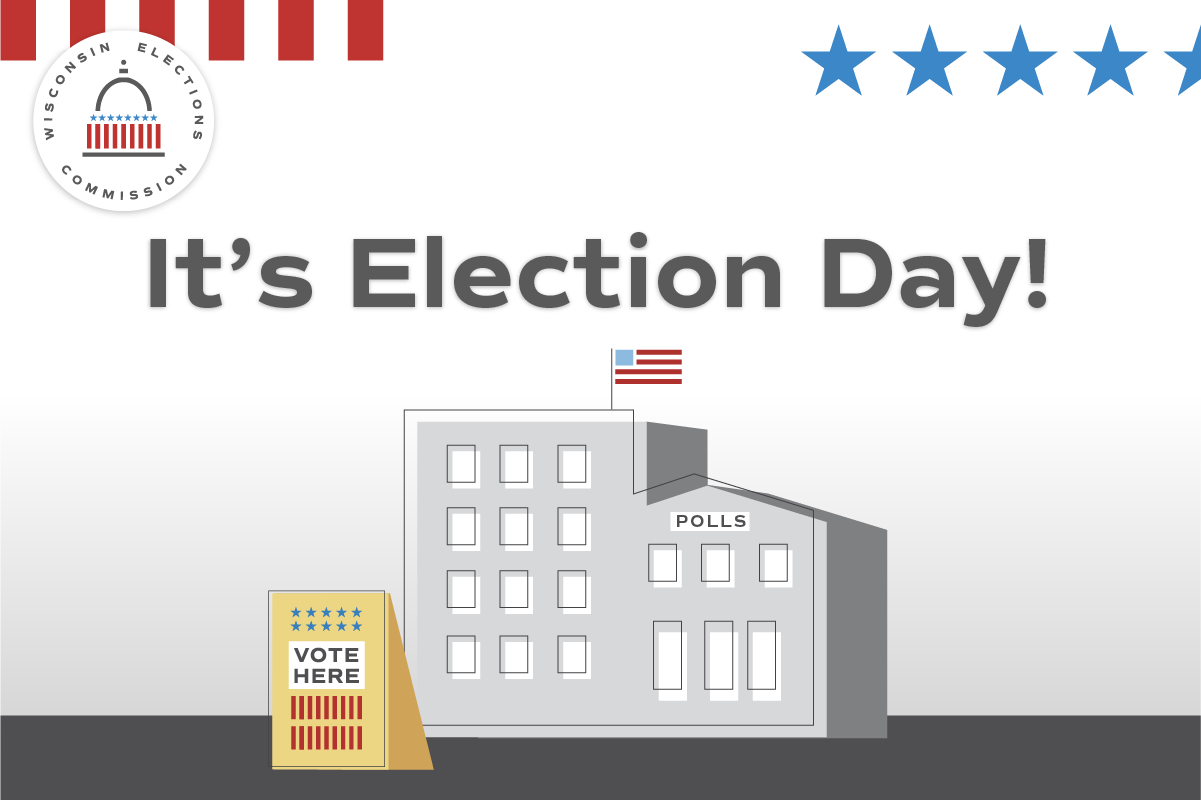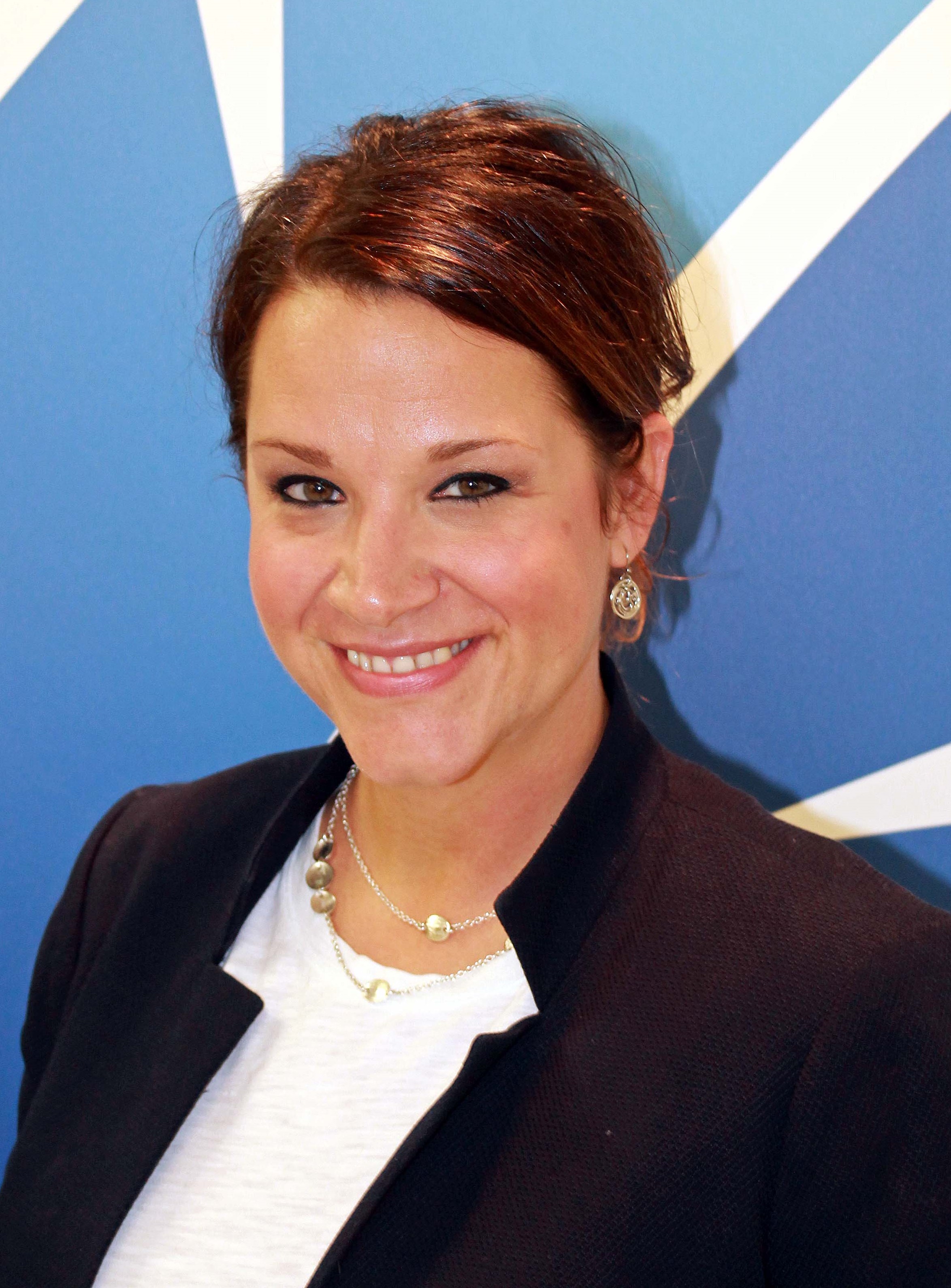WEC Newsletter
Volume IV, Issue III
February 23, 2024



Communications Resources To Look For In 2024
Social media calendar, Q&A events coming your way
As the 2024 election cycle is now underway, you may notice that our media friends are increasingly focused on writing and producing stories about the upcoming elections. If you haven’t heard from a media member yet, don’t be surprised if you get a call from a reporter who is interested in hearing your important perspective on an election-related topic.
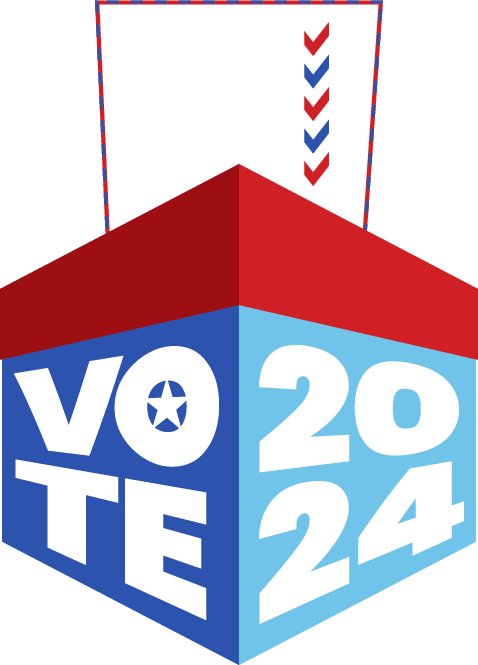
To help you with media interactions and in telling the story of your local election office more broadly, the Public Information Office at the WEC plans to produce a number of resources for use in 2024.
The first is the WEC’s social media calendar, which you received last week for the Feb. 20 Spring Primary. The social media calendar provides a series of suggested social media posts for your office to make on X (formerly known as Twitter), Facebook, or any other social media platform. The WEC also plans to produce an updated social media calendar for use in the upcoming April 2 Spring Election and Presidential Preference Primary, and calendars for the Aug. 13 Partisan Primary and Nov. 5 General Election as well.
As we get closer to major elections, Administrator Meagan Wolfe plans to conduct a series of media availabilities that give members of the media the chance to learn about an election topic of the day, and to ask questions of Administrator Wolfe and any guests joining her.
As we have in the past, we plan to invite a municipal or county clerk to join Administrator Wolfe on these calls to provide a local perspective. If you are interested in taking part in a media call, please let us know! You can contact @email.
If you have an idea about a clerk or another election official who we should write about in our WEC Newsletter clerk feature series, please let us know.
Maybe that person is you! If so, please just reach out and we’d be happy to coordinate it.
In advance of the Nov. 5 General Election, the PIO team will also send out an updated Communications Toolkit. This helpful resource will walk you through some general principles of effective communications, including a guide to communicating in emergency situations, and also includes several sample story pitches and templates to assist your communications efforts.
Finally, the WEC wants to remind you of a helpful resource for your voters if they have questions about the voting system: “Wisconsin’s Election Fact Checks,” on the WEC’s website, is a place where the WEC provides longer-form fact checks to popular, but inaccurate, rumors about elections; the WEC also keeps an FAQs page on our website for shorter explanations about various questions we get about the elections process.
“Clearies” Submissions
Deadline is March 1st
The deadline for submitting programs to be considered for the upcoming “Clearies” awards is fast approaching with the cutoff for entries being Friday, March 1.
The U.S. Election Assistance Commission (EAC) hosts its national Clearinghouse Awards, Clearies for short, each year and we know there are many programs spearheaded by Wisconsin clerks that deserve consideration.
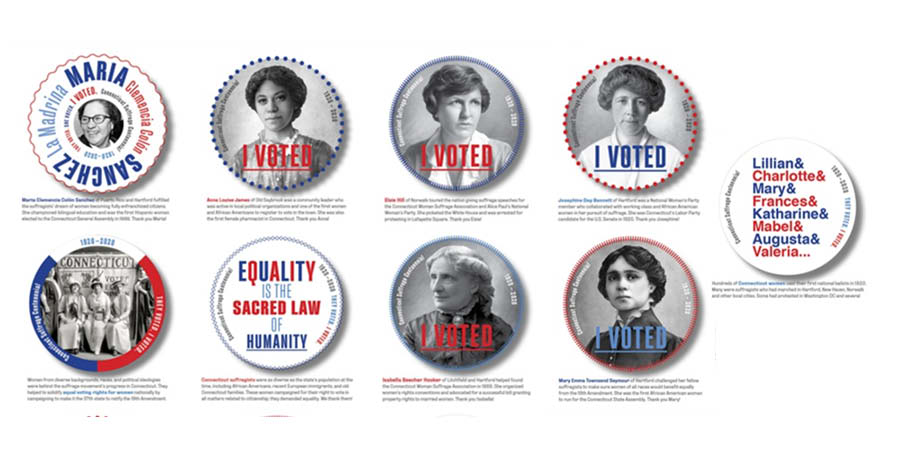
Clearies honor the enterprising spirit and hard work of election officials in eight categories:
- Outstanding Use of HAVA Grants in Elections Modernization: Impactful initiatives or programs that were developed using HAVA grant funding.
- Outstanding Election Official State Association Program: Innovative and helpful programming developed by election official associations or exemplary work demonstrated by local election offices.
- Improving Accessibility for Voters with Disabilities: Initiatives that help further voting access for people with disabilities while upholding the provisions in HAVA and the Americans with Disabilities Act (ADA).
- Outstanding Innovations in Elections: Programs that use creative tools to improve election administration, while advancing new and innovative concepts.
- Best Practices in Recruiting, Retaining, and Training Poll Workers: Programs that enhance the recruitment, training, and retention of vital election workers.
- Creative and Original "I Voted" Stickers: “I Voted” stickers that exemplify voter education, outreach, and community flair.For more information, see the EAC’s blog post announcing the launch of this category.
- Outstanding Innovation in Election Cybersecurity and Technology: Security-focused initiatives that safeguard voting systems and strengthen U.S. elections.
- (NEW) Distinguished Voter Education and Communications Initiatives: Entries must highlight programs that improve voter education and communications activities. Qualifying programs may include direct communications with voters, online communications, collaborations with local media, collaborations with local schools or other educational organizations, improvements in the design of voter-facing printed materials, or other programs to help voters better understand the election process.
Please visit the Clearies information page for more information, including evaluation criteria and the online submission form.

Violence Prevention in Public Spaces
New Training Video Available to Clerks
The Cybersecurity and Infrastructure Security Agency (CISA) has released a new resource clerks may find very beneficial that is titled Violence Prevention through De-escalation. The video was produced by subject-matter experts to help critical infrastructure stakeholders (that's you!) identify concerning behaviors, and to also mitigate the risks of targeted violence.
This video provides conflict prevention techniques and best practices that are recommended to supplement your existing security protocols. In a release, CISA indicated the approach highlighted in the video “can help individuals who have observed activities and behaviors that may be considered suspicious or indicative of potentially violent activity.”
For more information and to access this video online, visit: cisa.gov/resources-tools/resources/violence-prevention-through-de-escalation.
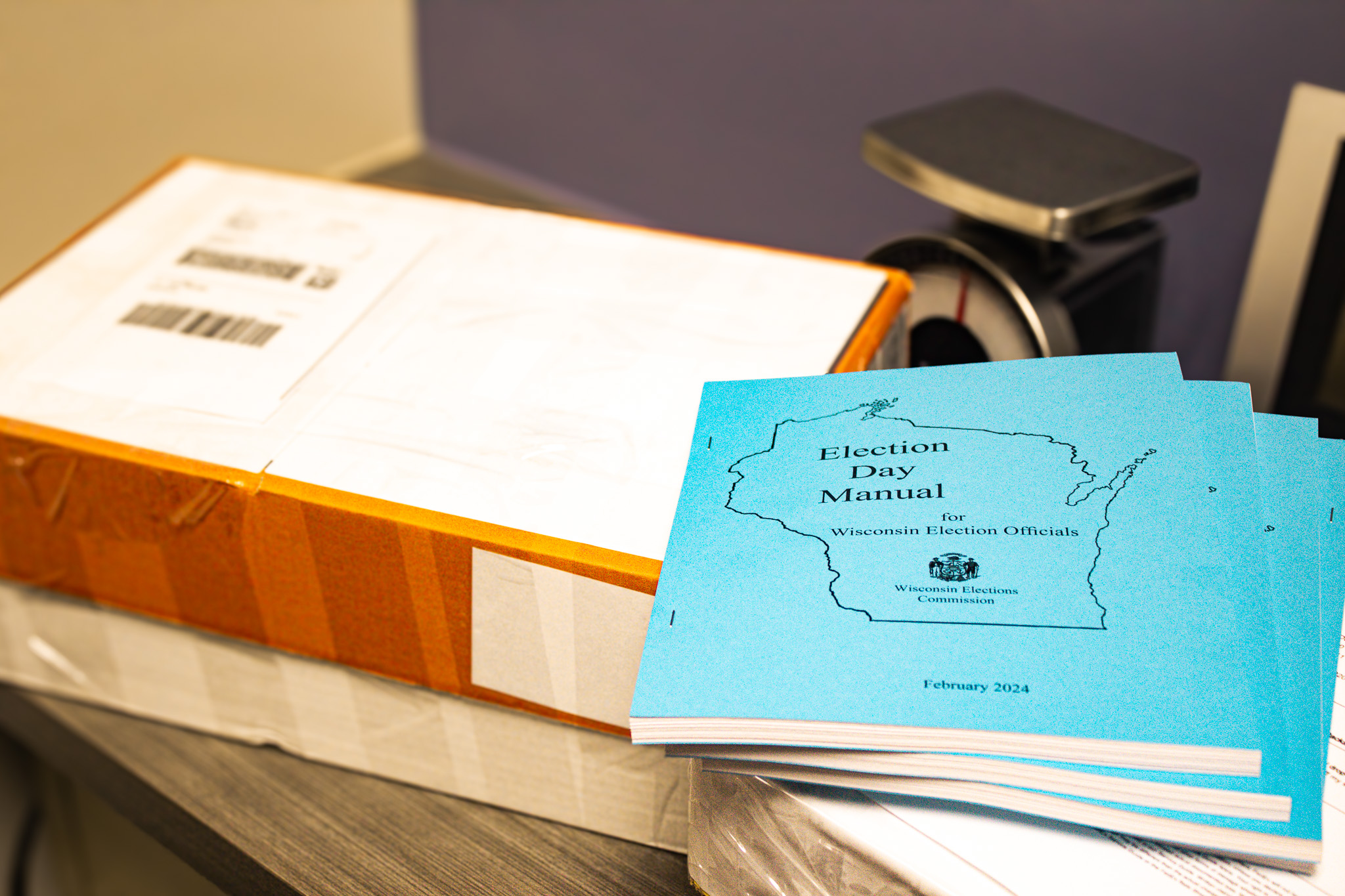
Updated Manuals Available Now
Election Day and Election Administration Manuals have been updated! These revisions reflect recent changes in legislation, court decisions, and best practices.
Some key changes include:
New sections on voters spoiling absentee ballots as well as voters correcting incomplete absentee certificate envelopes.
Updates on election processes, forms, Badger Book usage, accessible voting, and more.
Clarified statutory citations and improved formatting.
Consolidation of previous guidance updates from clerk communications.
Redlined versions of the manuals are available to show the specific changes made. WEC staff will also be holding a webinar to discuss the updates and answer your questions.
Access the manuals and redlined versions on the WEC website: Manuals Link
For physical copies or further assistance, visit: Order Form Link
Any questions? Contact the WEC Help Desk at @email or 608-261-2028.
Observer Rule
Economic Impact Comment Period
February 23 to March 11
The draft Observer Rule is now on the Commission website! Please see the draft Rule Order, draft Economic Impact Analysis, and a notice inviting all clerks to comment on the economic impacts of the rule and to coordinate with us on the Economic Impact Analysis here.
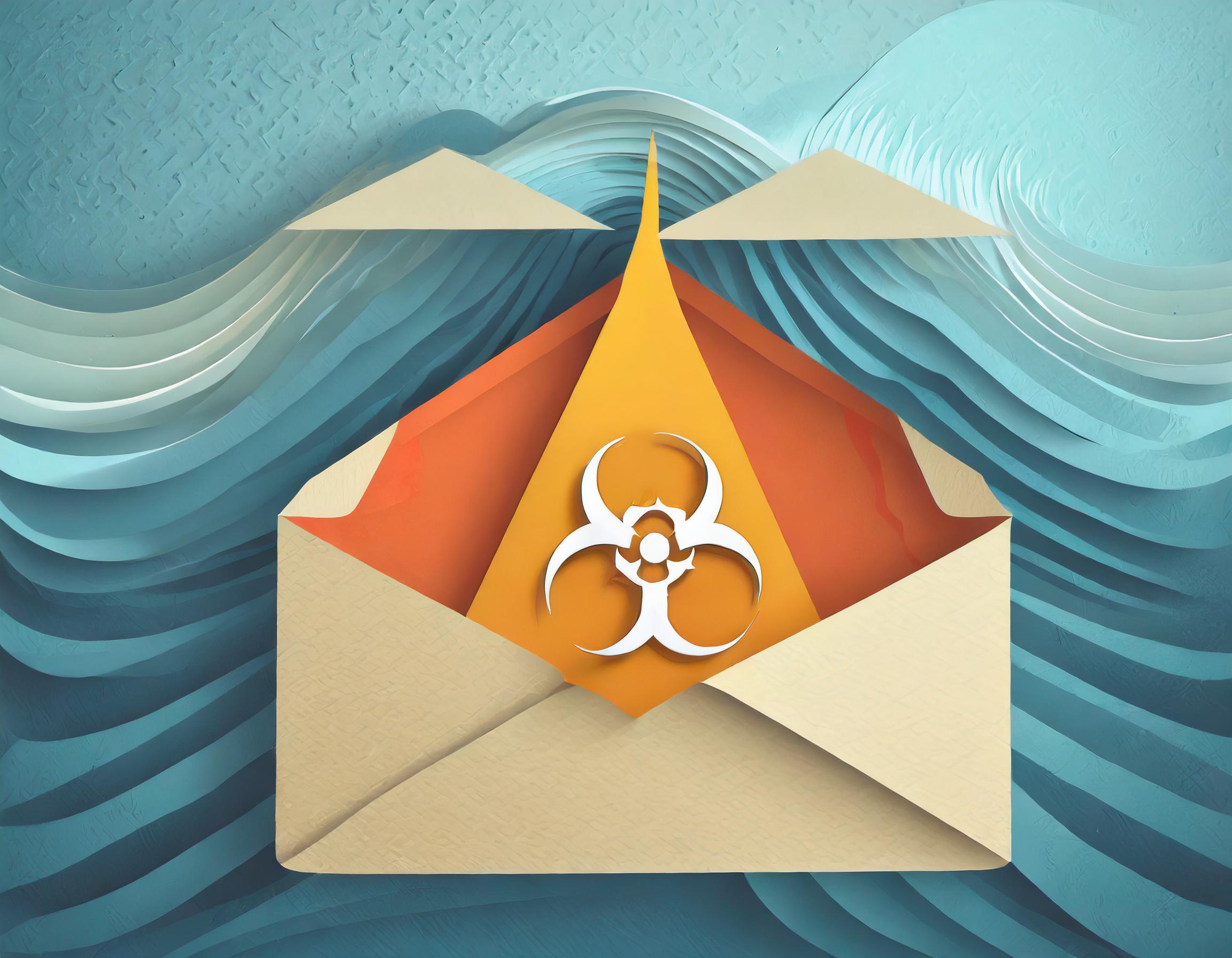
Monitoring for Suspicious Mail: New Guide Released To Assist Election Officials
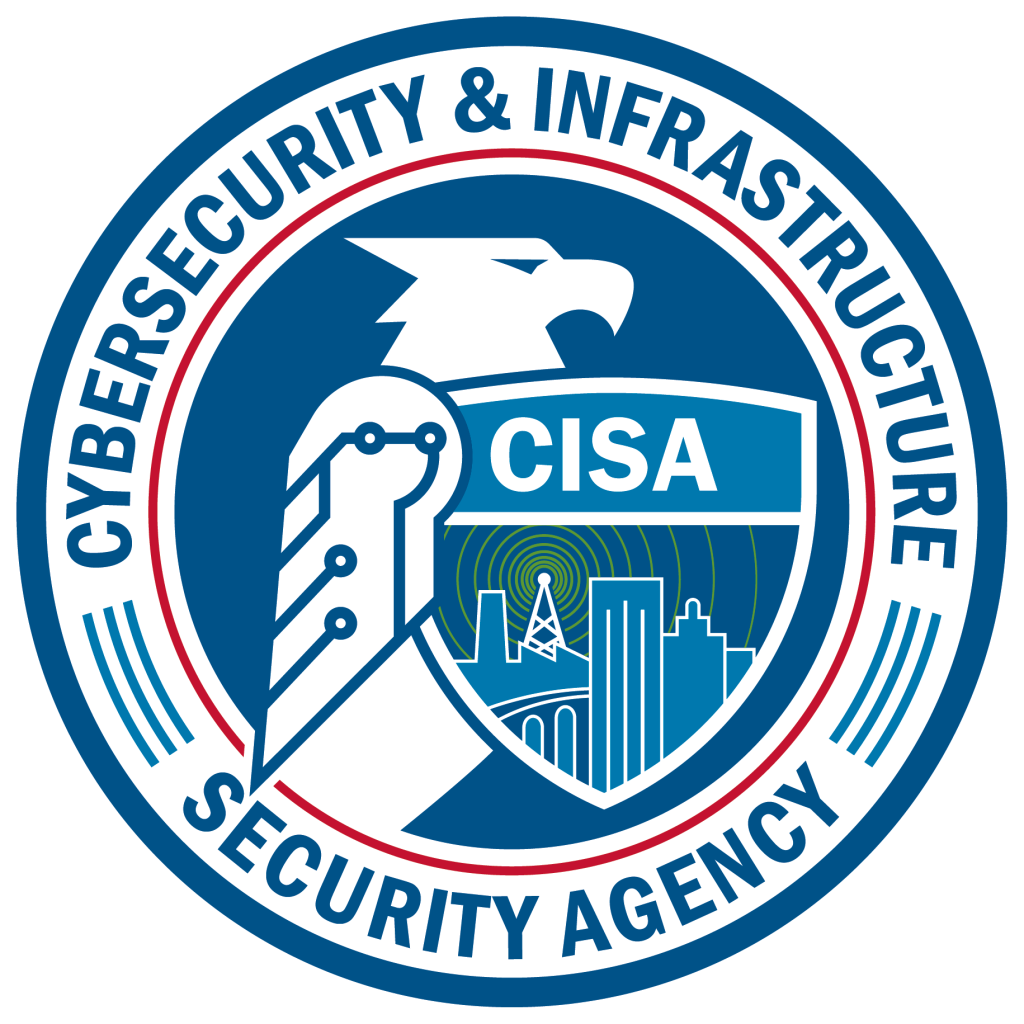
Protect yourself and your team from potential hazards with this new resource!
A new guide, "Election Mail Handling Procedures to Protect Against Hazardous Materials," is available to help election officials stay safe. This guide is important because it offers crucial information on:
Preparing for suspicious mail:
All election offices should have procedures in place to handle potentially hazardous materials.Identifying suspicious mail:
Learn what to look for in mail that might be dangerous.Responding to exposure:
This guide outlines steps to take if you suspect mail contains hazardous materials.Protecting against common threats:
Get information on specific dangers like fentanyl, anthrax, and ricin, plus tips for everyday mail hazards.
Download the guide and learn more about election security resources at CISA's Protect2024 webpage.

Next Election:
Polls open at 7 a.m. on April 2, 2024
Cybersecurity News
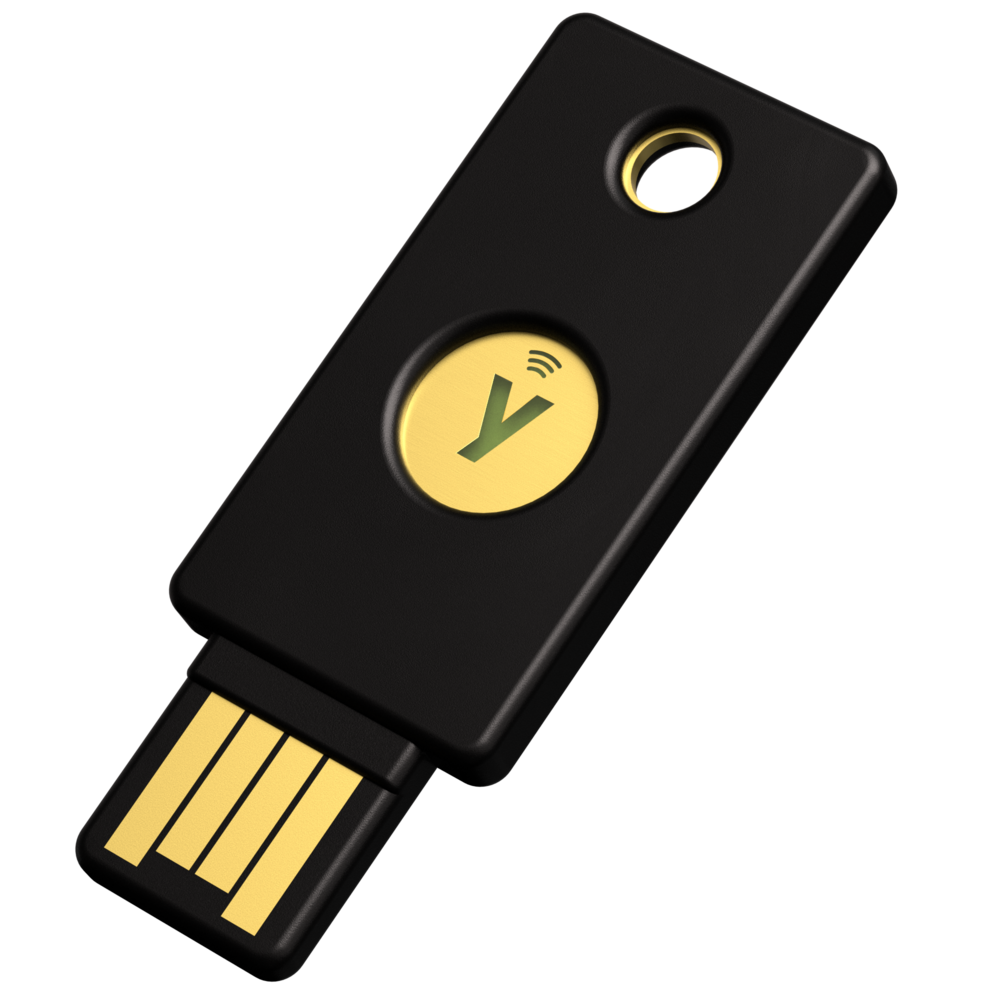
Importance of Multifactor Authentication
Security experts are encouraging clerks to use Multi-factor Authentication (MFA) when accessing a variety of systems necessary for your work.
You probably know that WisVote requires MFA for security, and it’s important to understand why, and how MFA can help lock down other important government systems.
MFA, also known as Second Factor Authentication (2FA), is when a system requires you to provide something else in addition to your password before you can log in. The "something else" might be a code, such as a series of numbers, that you receive from an app, text message, or phone call, or it might be a physical device such as a FIDO (Fast IDentification Online) key.
Look at enabling MFA on other important systems, such as email or payroll and billing systems
All of these make it much more difficult for an attacker, if they somehow obtained your password, to access your account. Using or enabling MFA on important systems is the single most impactful thing a user can do for security.
While it is required for WisVote users, everyone should look at enabling MFA on other important systems you use as well, such as email or payroll and billing systems. Usually, MFA will be an option under the accounts section of a system's menu, and you can check with that system's administrator if you can't find it.
Recently there has been an increase in hackers using an individual's phone company, either through social manipulation or other means, to steal phone numbers in order to bypass phone and text-based MFA. Whenever possible, use MFA that is based on an app or a physical device like a FIDO key. Still, any MFA at all, including phone and text, is still much better than none.
If you use a FIDO key for WisVote, you can use that same FIDO key on other work-related accounts that support it. This will not decrease the security of your WisVote account. Do not use the FIDO key for any personal accounts and remember that you will be required to return that key when you leave your position.

Make Sure Voters Can Find You!
Check your staff info on MyVote
Maintaining your contact information and staff list in WisVote is crucial for ensuring that voters can contact your office and that only active election officials have access to this sensitive database. You can easily verify that your municipality's clerk contact information is correct by using MyVote. Click on the "Find My Clerk" link in the footer and enter a local address.
Also, as a matter of routine, please keep the WEC Helpdesk aware of any incoming staff members who need WisVote access, or outgoing staff members whose access should be removed, and the dates to change their access.
Please contact the WEC Helpdesk if you have any questions.
From City to Village: Going Big to Small
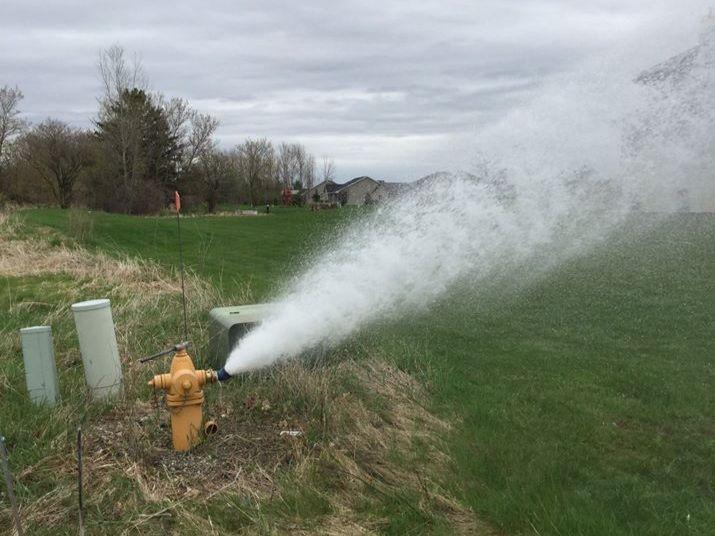
Village of Greenville Clerk Loves Where She Landed
Village of Greenville clerk Wendy Helgeson realizes her professional path could be a headscratcher. Instead of going from a small town or village clerk’s office to a larger city or county clerk’s office, she did the opposite.
And as Helgeson points out, things could not have worked out better.
“It’s really addicting once you get started,” she said. “You feel like you’re giving back, you are part of cool processes, and you feel a sense of accomplishment and pride when you do this job.”
Helgeson began her career in the city of Appleton clerk’s office in 2008, and by 2015 she worked her way up to deputy clerk.
That year, a mentor, a clerk from a nearby community, learned of the Greenville position opening and suggested Helgeson apply to gain interview experience, just in case the city of Appleton clerk job became available in the future.
I almost have a better understanding of how it all works, being out here ... I know more about storm water, and drain tiles.
–Helgeson
Her friend said, “You could practice answering questions,” and Helgeson could analyze responses, tweaking them for when it really mattered. “Then I got the (Greenville) job,” said Helgeson. The compensation was comparable, and she took a leap of faith.
Fast forward nine years: “I’m dedicated to my job, I just love it,” she said.
In Appleton, she was part of a “well-oiled” staff of five. Each had specific duties, and they cross trained to back up each other for times when someone was gone. Tasks were specific to the clerk’s office. As a village clerk, she said, “you wear many more hats.”
Greenville, with a population of approximately 13,000, is one of the state’s fastest growing communities. It is in the Fox Valley, just outside Appleton. Helgeson lives in the city and commutes 15 minutes to her office.
“I almost have a better understanding of how it all works, being out here,” she said. “I know more about storm water, and drain tiles,” she said. Helgeson helps deal with fire services, the county contract for police services, and nuisance complaints. She backs up human resources and assists the village administrator.
To cope with it all, she seeks support and guidance from her “tribe” – clerks from around the state, particularly those in other Fox Valley communities.
“It has been fantastic, we’re a clerk network,” which comes in very handy on those days when she said she feels like she is losing her mind. “Did this law change? Because I’ve been doing it this way, and I can’t remember, and I can’t find an email," Helgeson joked. "Sometimes you just need an answer fast.”
Helgeson also raves about what she gleans from active participation in the Wisconsin Municipal Clerks Association, where she currently holds the title of past president, and the Clerks & Treasurers Institute, where she has taught.
She is also a huge fan of the ongoing support offered by WEC, particularly as voters hear about something, or see something on the news. “Who do they call? Us. You guys [WEC] are literally the most valuable resource.”
Helgeson said she appreciates well-timed clerk communications and webinars. “How would municipalities ever get this information because I don’t know that anyone has time to dig for it,” she said. “And then after we did find it, it’s interpreting it, right? Not everyone speaks legalese. You guys (WEC) are able to put it in a way that we understand it.”
You fall in love with an incredible job even though at times it can be really frustrating.
–Helgeson
She wishes lawmakers better understood the challenges they place on clerks with “continual law changes.” She says it’s not fair to the voter, or to clerks, who must switch gears part way through an election cycle. “I mean if they want true and fair elections, you made a decision, and let us carry that out instead of trying to confuse people,” she said.
The hardest part, Helgeson said, is having people question your integrity. “Oh my gosh, if you knew how hard the job is to do you would never question [my honesty and why I] want to do a good job doing it,” she said.
Growing up in tiny Amherst, Wis., being a village clerk was not a professional aspiration. “I don’t think anyone ever says to themselves, ‘You know what when I get big, you know what I want to be? A clerk.’ ”
These days Helgeson is very happy where life has taken her.
“You fall in love with an incredible job even though at times it can be really frustrating,” she said. The job is a lot of work and can be really exhausting, “but at the same time it’s extremely rewarding.”
Helgeson’s best advice to the rest of the “tribe” this election year is for clerks to remember what great work they are all doing.
”It can be really discouraging, and it can feel like a lot, and overwhelming,” she said. “So remember to take time for yourself, when you can, and breath because you can lose your sanity really quickly.”
Upcoming Dates & Deadlines
Upcoming Events
- February 28, 2024 – Webinar: 2024 April & Presidential Preference Election
- May 1, 2024 – Webinar: Spring Elections Wrap-Up
Upcoming Commission Meetings
- March 20, 2024: Special Meeting
- June 10, 2024: Ballot Access Meeting
- June 27, 2024: Quarterly Meeting
Upcoming Elections
- April 2, 2024 – Spring Election & Presidential Preference Primary
- August 13, 2024 – Primary Election
- November 5, 2024 – General Election
